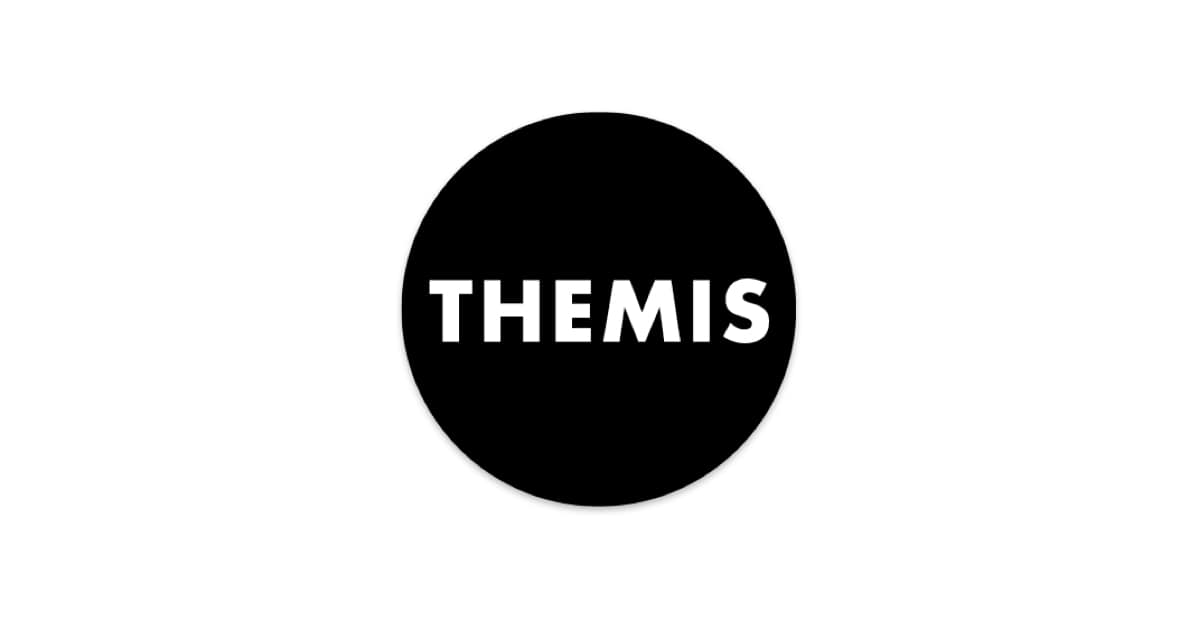
Austrian biotech Themis Bioscience has signed the first big pharma partner for its measles virus vector vaccine platform, with Merck & Co/MSD pledging up to $200m to the alliance.
There isn’t much detail on the project, which involves the development of multiple vaccine candidates against an undisclosed disease target. Themis said in a statement however that the alliance is focused on “a vaccine that has the potential to provide a significant benefit to a great number of patients worldwide.”
MSD is providing research funding and will also make an equity investment in Vienna-based Themis, which has already used its platform to develop a vaccine candidate called MV-CHIK for chikungunya virus that has reached the phase 2 testing stage and has a shot at being the first approved immunisation for the disease.
Themis had been planning to list on the Amsterdam stock exchange last year in the hope of raising around $45m for its chikungunya project, but postponed it because of what it described at the time as “adverse market conditions.”
MSD’s project injects some much-needed cash into the company, which ended the first half of this year with just over €5m in cash reserves, and could help it bring forward plans for a phase 3 chikungunya trial as it advances plans for additional fundraising.
Themis’ chief executive Erich Tauber said the new deal “validates the potential of our measles virus-based technology” which was developed at the Institut Pasteur in France and involves modifying the measles virus genome to incorporate genes for antigens.
The vaccine delivers the antigens directly to macrophages and dendritic cells, which Themis says are the most effective cells at presenting antigens in order to stimulate an immune response. Moreover, because the measles virus continues to replicate in the body the continue to be expressed over time, boosting the immune response.
For Merck, the deal is one of a series of small- and mid-sized partnerships the company has said it wants to sign in the coming years to reduce its reliance on immuno-oncology blockbuster Keytruda (pembrolizumab) which is currently driving its growth and currently makes up around a fifth of revenues.
Vaccines remain a big part of its business however, growing 33% to $2 billion on the back of big gains for its Gardasil human papillomavirus (HPV) franchise in the send quarter of this year. That was well ahead of the group’s overall sales growth of 12%, and accounting for 17% of the $11.8bn total in the quarter.




